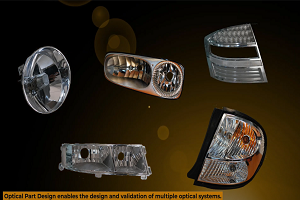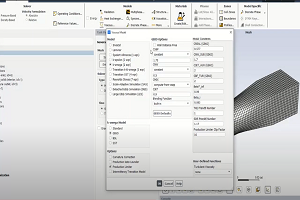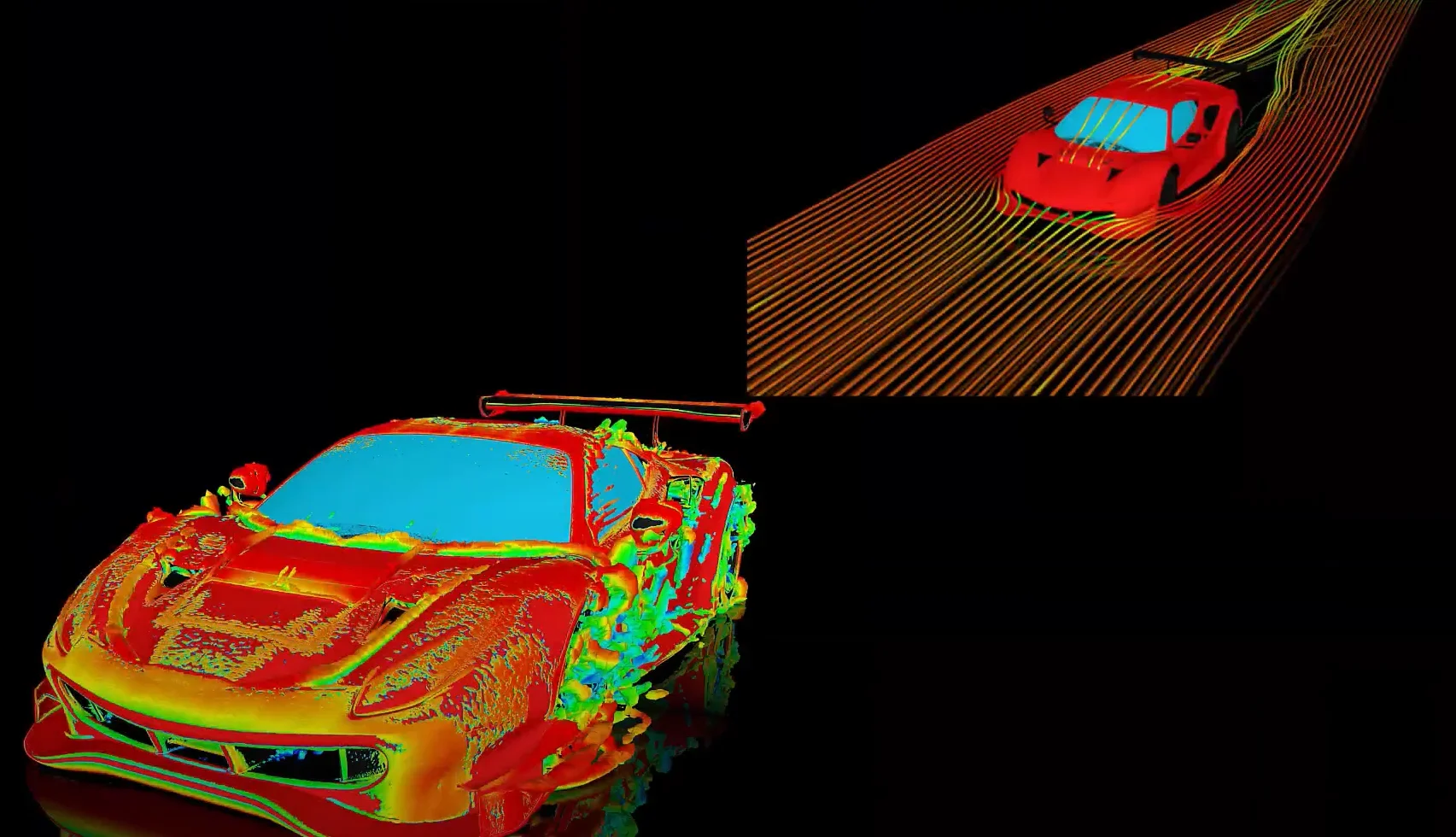Tagged: dpm, fluent, particles, spray breakup, vof, vof-to-dpm
-
-
June 6, 2022 at 8:45 am
 Watch & LearnParticipant
Watch & LearnParticipantIn Fluent the user can use a special configuration to model primary breakup by VOF and then as droplets form, track them more efficiently using DPM.
-


Introducing Ansys Electronics Desktop on Ansys Cloud
The Watch & Learn video article provides an overview of cloud computing from Electronics Desktop and details the product licenses and subscriptions to ANSYS Cloud Service that are...

How to Create a Reflector for a Center High-Mounted Stop Lamp (CHMSL)
This video article demonstrates how to create a reflector for a center high-mounted stop lamp. Optical Part design in Ansys SPEOS enables the design and validation of multiple...

Introducing the GEKO Turbulence Model in Ansys Fluent
The GEKO (GEneralized K-Omega) turbulence model offers a flexible, robust, general-purpose approach to RANS turbulence modeling. Introducing 2 videos: Part 1 provides background information on the model and a...

Postprocessing on Ansys EnSight
This video demonstrates exporting data from Fluent in EnSight Case Gold format, and it reviews the basic postprocessing capabilities of EnSight.

- Solver message during DPM calculation: “number of stepsize underflows during particle integration step is x”. What does it mean and how to get rid of it?
- ANSYS Fluent – Eulerian & Mixture Multiphase Models & Applications – Tips and Tricks
- What is the difference between the VOF model and the Eulerian model?
- ANSYS Fluent: Efficient Modeling of Spray Breakup using VOF-to-DPM Transition
- Mixing Tank Modeling in ANSYS Fluent
- What is the superficial velocity in multiphase flows?
- What is the meaning of VOF courant number and Global courant number in ANSYS Fluent Multiphase Model and how are they related?
- How do I use porous media in a multiphase flow?
- ANSYS Fluent: Describing Cavitation in a Centrifugal Pump
- Hydrodynamics and Wave Impact Analysis

© 2026 Copyright ANSYS, Inc. All rights reserved.

